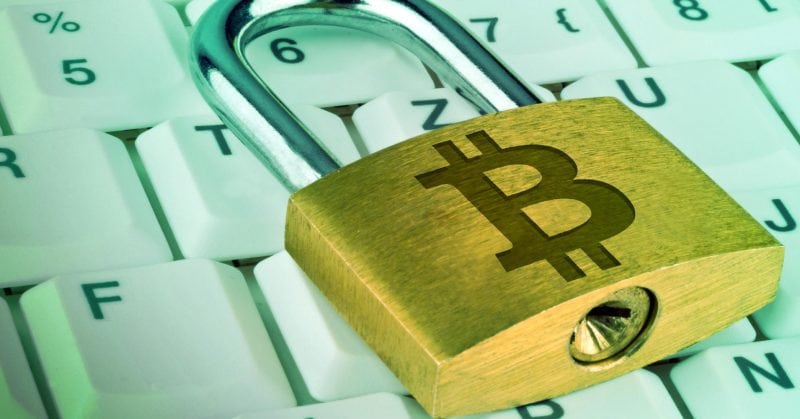
The cryptocurrency industry is now worth hundreds of billions of dollars, and with it has come a “crypto craze” of sorts.
We’ve seen substantial growth of crypto exchanges, facilitating crypto trading for users across the world.
However, along with all of the potential and excitement has come a high level of risk, as although the Bitcoin blockchain has never actually been hacked, there has been a number of exchanges, wallets and even mining companies who have fallen prey to malicious attacks from cybercriminals.
Such instances have cost customers billions of dollars.
A brief look back at some of the more prominent exchange hacks over the years gives us a good idea of the severity of the issue, and why it’s one of most significant talking points when it comes to cryptocurrencies.
Exchanges Affected By Hacks Often Never Recover
It would be impossible to talk about this subject without mentioning Mt. Gox.
Back in 2011 Mt. Gox was the biggest crypto exchange in the world, and responsible for the vast majority of bitcoin trading at that time.
Following a hack that same year, and another in 2014 the exchange eventually closed its doors as a result.
In the years since that 2011 hack of Mt. Gox we’ve seen numerous exchanges fall victim to hackers, including Bitfloor in 2012, who lost around 24,000 BTC.
The exchange was able to find a way to refund users eventually, but regulatory measures implemented later on down the line caused it to close for good.
Poloniex was also hit in 2014, losing 12.3 percent of it’s entire BTC supply, and although the exchange managed to recover enough to continue operating its reputation had taken a hit from which it has found it difficult to recover.
The list goes on, with the likes of Bitstamp, Bitfinex, OneCoin, and Bitconnect earlier this year all falling victim to hacking problems of some sort.
The one factor that links them all is that customers lost money and most likely confidence in the industry. Some managed to claw back what they lost, but many weren’t so lucky.
A study that was funded by the Department of Homeland Security revealed that somewhere in the region of 33 percent of cryptocurrency trading platforms had been hacked, which highlights the problems that face exchanges.
Taking steps to deter hackers
So, the question is, what can they do about it? Are there steps they can take to keep their client’s funds safe? And what should investors look for before they choose an exchange to work with?
The industry is largely unregulated at the moment, especially outside of Asia, and if you’re looking for an exchange to work within Europe, you’re really relying on finding a platform that has taken steps to hold itself to a higher standard than is legally required of them.
Recently we’ve seen two prime examples of this kind of exchange pop up, with institutional grade exchange Archax, who are based in London and run by a group consisting of experienced hedge fund managers and traditional financial experts, and ETERBASE, which is another new exchange making a lot of headlines for their regulation-compliant stance and their traditional financial market approach to dealing with their client’s funds.
Cold storage wallets that are stored with third-party custodians are something that ETERBASE offers clients, and this approach adds an extra layer of security that many cryptocurrency exchanges simply do not offer, but that could change over time.
In the US we’ve seen Bittrex announce that they’re now compliant with federal regulations that govern securities trading, using a review process that ensures tokens listed on their exchange are compliant with US law and not considered securities.
It’s true that regulators are still floundering to an extent when it comes to the cryptocurrency industry, and they do have a lot of catching up to do, but the moves we’ve seen from some of the more responsible exchanges out there who seem determined not to make the same mistakes as those who have come (and in many cases gone) before them, coupled with an eventual catching up of regulatory agencies across the world will eventually see the types of hacks we saw a few years back become a thing of the past.
Until that point comes though, we just need to hope that we don’t see any more people lose their funds. Hacks affect us all, as they reflect poorly on the industry and drive down value in the market, which isn’t good for anyone.
Author: Aubrey is a crypto enthusiast, who writes about fintech and blockchain technologies. She’s been following the crypto trends for several years now and believes that we haven’t yet unfolded the full capabilities of the blockchain technologies and there is much more to learn.
Source: Crypto New Media






